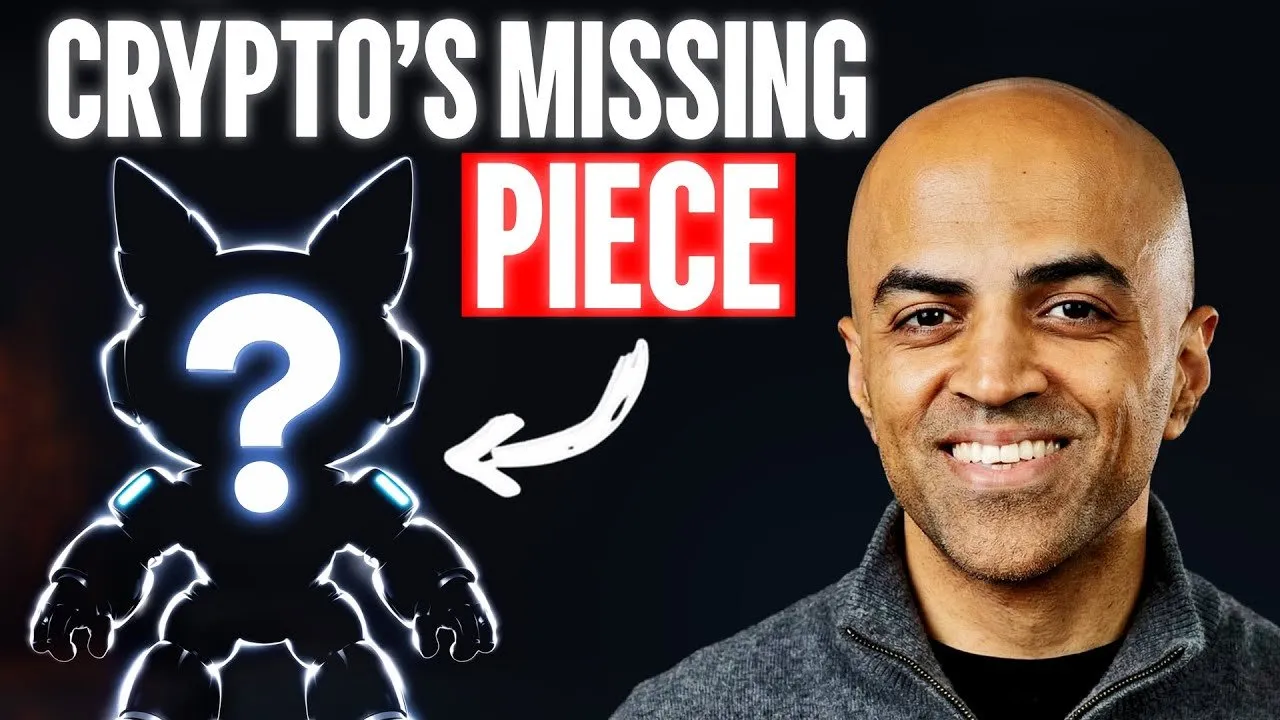Table of Contents
Cybersecurity giant CrowdStrike announced a 5% workforce reduction affecting 500 employees while maintaining its ambitious $10 billion ARR target and navigating legal challenges from Delta's $500 million lawsuit.
Key Takeaways
- CrowdStrike is cutting approximately 500 jobs (5% of its workforce) while continuing to pursue its $10 billion annual recurring revenue goal.
- The company expects to incur charges between $36-53 million related to the layoffs, primarily for severance and stock-based compensation.
- Delta Air Lines is suing CrowdStrike for $500 million over the July 2024 outage that caused over 5,000 flight cancellations.
- CrowdStrike's strategic growth areas include Next-Gen SIEM, Cloud Security, and Identity Protection, which collectively exceed $1.3 billion in ARR.
- AI is described as a "force multiplier" that "flattens the hiring curve" as part of the company's efficiency strategy.
Strategic Workforce Reduction Amid Growth Targets
CrowdStrike announced the elimination of approximately 500 jobs on May 7, 2025, representing about 5% of its global workforce. The cybersecurity leader disclosed the cuts in an SEC filing, stating it would incur charges between $36 million and $53 million, primarily for severance payments and stock-based compensation expenses. Despite the workforce reduction, CEO George Kurtz emphasized that the company would continue "prudent hiring" in product engineering and customer-facing roles critical to the company's growth strategy.
In his communication to employees, Kurtz framed the decision as necessary to help CrowdStrike move faster and operate more efficiently while focusing on "highest-impact opportunities." The company temporarily closed its offices on May 7-8 during the initial phase of the layoffs to provide space for affected employees. Interestingly, CrowdStrike maintained its financial guidance for fiscal year 2026, projecting revenue between $4.74 billion and $4.81 billion, suggesting the cuts were strategic rather than financially driven.
The workforce reduction comes at a time when many technology companies are reevaluating their hiring strategies in light of AI advancements. Kurtz specifically noted that "AI flattens our hiring curve" and functions as a "force multiplier" throughout the business, enabling the company to achieve more with fewer human resources.
The $10 Billion ARR Moonshot
CrowdStrike's workforce adjustments align with its ambitious goal of reaching $10 billion in annual recurring revenue, a target the company has consistently emphasized in communications with investors and employees. As of early 2025, CrowdStrike reported an ARR of $4.24 billion, representing a 23% year-over-year increase, placing it on a trajectory toward its long-term goal.
The company's growth strategy leverages several key areas, particularly its Next-Gen SIEM, Cloud Security, and Identity Protection businesses, which collectively surpassed $1.3 billion in ARR. These newer product segments are growing at impressive rates-Cloud Security reached $400 million in ARR (growing over 90% year-over-year), Identity Security hit $300 million (growing over 100%), and Log Management reached $150 million (growing 170%).
With strong customer retention at 97% and AI functioning as a strategic enabler, CrowdStrike appears positioned to achieve its $10 billion ARR goal by fiscal year 2028-2031, depending on whether it maintains its current growth trajectory. The recent workforce reduction appears to be part of a broader strategy to optimize operational efficiency while pursuing this ambitious revenue target.
Delta's $500 Million Legal Challenge
Complicating CrowdStrike's strategic initiatives is the ongoing legal battle with Delta Air Lines, which filed a $500 million lawsuit against the cybersecurity firm in October 2024. The airline claims CrowdStrike's "untested and faulty" software update on July 19 caused massive operational disruptions, resulting in over 5,000 flight cancellations across five days.
Delta CEO Ed Bastian stated the incident cost the airline approximately $500 million in lost revenue, customer compensation, and operational recovery expenses. The airline hired prominent litigator David Boies to pursue damages, alleging CrowdStrike forced an automatic update despite Delta not enabling this feature.
In response, CrowdStrike countersued Delta, arguing the airline's extended recovery time stemmed from its own IT deficiencies rather than the software update itself. The cybersecurity company is attempting to limit its liability to the terms of its service agreement-just twice the value of fees paid during the contract term. Legal experts suggest Delta faces significant challenges in winning its case, as it must prove "gross negligence" rather than simple negligence on CrowdStrike's part.
AI's Impact on Workforce Strategy
CrowdStrike's reference to AI "flattening the hiring curve" reflects a broader trend in the technology sector. According to recent industry research, 41% of senior executives expect smaller workforces in the next five years due to AI implementation. This trend is already visible in AI-exposed occupations, where jobs are still growing but at a rate 27% slower than in less-exposed fields.
For CrowdStrike, AI represents both an efficiency tool and a strategic differentiator. The company has integrated AI capabilities throughout its Falcon platform, enabling more automated threat detection and response. This AI integration allows CrowdStrike to scale its security operations more efficiently, potentially justifying the recent workforce adjustments.
The tech sector broadly illustrates this evolution, with 48% of hiring managers now using AI to screen resumes before human review, and 46% employing AI to match candidates to roles based on skills. As AI continues to reshape recruitment processes, both employers and candidates must navigate a job market where technology increasingly serves as the first gatekeeper in hiring decisions.
Balancing Growth and Efficiency
CrowdStrike's workforce reduction highlights the delicate balance cybersecurity companies must maintain between growth and operational efficiency. While the company continues to expand its product portfolio and customer base, it's simultaneously looking to optimize its organizational structure to support long-term profitability.
The timing of the announcement-coming amid the ongoing Delta lawsuit and broader industry AI adoption-suggests CrowdStrike is taking a proactive approach to resource allocation. By focusing investments on high-growth areas like Cloud Security and Identity Protection while leveraging AI to enhance productivity, the company appears to be positioning itself for sustainable growth despite near-term challenges.
CrowdStrike's strategy reflects the evolving landscape of the cybersecurity industry, where companies must continuously innovate while maintaining financial discipline to succeed in an increasingly competitive market.
As CrowdStrike navigates its workforce restructuring while pursuing ambitious revenue goals and managing legal challenges, the company's ability to execute on all fronts will be closely watched by investors, customers, and industry observers alike.







